Welcome to your ultimate guide on mastering the BCG Pymetrics test. If you’re aiming to join the ranks of a prestigious organization like BCG, you’re likely already aware of the significance of the Pymetrics assessment. In this blog post, we’ll walk you through the essential steps to ensure you’re well-prepared to tackle the BCG Pymetrics test with confidence.
BCG, one of the foremost global consulting firms, utilizes Pymetrics as part of its rigorous screening process. With competition for BCG positions at an all-time high, acing the Pymetrics test can set you apart from the crowd. The key to success lies in practice and preparation.
Here at iPREP, we understand the challenges you face in your pursuit of a career at BCG, and that’s why we’ve created a comprehensive 12-game prep course tailored to the BCG Pymetrics test. Throughout this guide, we’ll provide valuable insights and strategies, but remember, the iPREP course is your most powerful tool for success.
So, let’s dive in and equip you with the skills and knowledge needed to conquer the BCG Pymetrics test. Your path to a rewarding career at BCG begins here.
Table of Contents (TOC):
- I. Understanding the BCG Pymetrics Test
- II. Why Practice is Crucial
- III. Getting Started with Practice
- IV. Navigating the 12 Pymetrics Games
- V. Developing a Practice Schedule
- VI. Expert Tips for Success
- VII. Realistic Simulations
- VIII. Review and Analysis
- IX. Additional Resources
- X. Conclusion
I. Understanding the BCG Pymetrics Test
In this section, we’ll dive into what the BCG Pymetrics test is all about, its role in the BCG hiring process, and the skills and traits it assesses.
What is the BCG Pymetrics test?
The BCG Pymetrics test is a significant component of Boston Consulting Group’s candidate assessment process. Unlike traditional assessments, it evaluates your cognitive and emotional traits through a series of engaging games. These games are designed to measure your innate qualities and abilities rather than relying solely on your academic or professional qualifications.
The BCG Hiring Process
BCG (Boston Consulting Group) is a renowned global management consulting firm known for its rigorous and selective hiring process. They seek top-tier talent with exceptional problem-solving skills, critical thinking abilities, and strong interpersonal capabilities. The hiring process typically consists of several stages:
- Application: You begin by submitting your application through the BCG careers website, including your resume and cover letter.
- Screening: BCG recruiters review applications and may conduct initial screening interviews to assess your qualifications and fit for the firm.
- First-Round Interviews: Successful candidates move on to the first round of interviews. These interviews often involve case interviews, where you analyze and solve real-world business problems.
- Second-Round Interviews: Those who perform well in the first round proceed to the second round, which may include additional case interviews and discussions with BCG partners.
- The Pymetrics Test: As part of the evaluation process, BCG introduced the Pymetrics test. It assesses cognitive and emotional traits that are relevant to consulting roles, such as problem-solving, adaptability, and teamwork.
- Final Interviews: Candidates who excel in previous stages participate in final interviews with senior BCG leaders. These interviews assess your fit with the firm’s culture and values.
Types of skills and traits assessed
The BCG Pymetrics test assesses a wide range of skills and traits crucial for success in consulting and other professional roles. These include:
- Cognitive Skills: The test evaluates your problem-solving abilities, critical thinking, and analytical reasoning. BCG values candidates who can approach complex problems with creativity and precision.
- Emotional Intelligence: Your ability to understand and manage emotions is vital in a consulting role. The assessment measures emotional intelligence, including empathy, self-awareness, and interpersonal skills.
- Attention to Detail: Precision and attention to detail are highly valued. The assessment examines your capacity to maintain focus and accuracy in various tasks.
- Adaptability: Consulting often involves dealing with unpredictable situations. The test assesses your adaptability and ability to thrive in dynamic environments.
- Teamwork: Being a team player is essential in consulting. The assessment gauges your collaboration and teamwork skills.
Now that you have a clear understanding of what the BCG Pymetrics test entails and its significance in the hiring process, it’s time to prepare yourself thoroughly. In the following sections, we’ll provide you with invaluable insights and tips to help you conquer this assessment and secure your place at BCG.
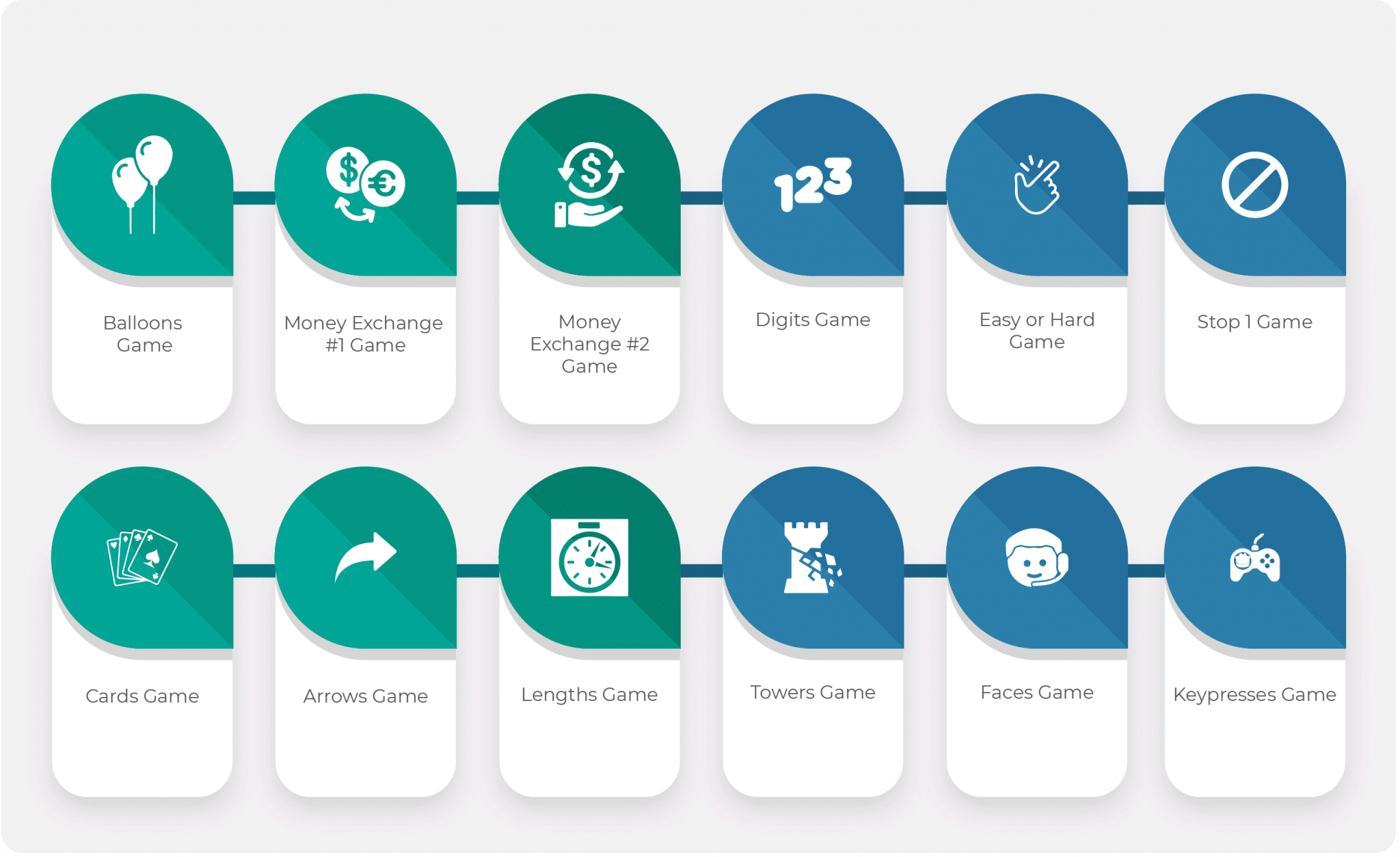
II. Why Practice is Crucial
Now that you understand what the BCG Pymetrics test involves, let’s explore why practice is absolutely crucial for your success in this assessment.
The Benefits of Pymetrics Test Practice
Practice, as the saying goes, makes perfect. The same principle applies to the BCG Pymetrics test. Here’s why:
- Familiarity Breeds Confidence: When you practice, you become familiar with the types of games and challenges presented in the Pymetrics test. This familiarity reduces anxiety and uncertainty, allowing you to approach the assessment with confidence.
- Improved Performance: Just like any skill, your performance in the Pymetrics test can be enhanced through practice. You’ll learn the strategies and techniques needed to excel in each game, improving your overall test score.
- Time Management: Practice helps you manage your time efficiently during the assessment. You’ll become adept at allocating your time to different games, ensuring you complete as many tasks as possible within the allotted timeframe.
- Identifying Weaknesses: Regular practice allows you to identify your strengths and weaknesses. You can then focus your efforts on improving in areas where you may be less confident.
- Reduced Test Anxiety: Fear of the unknown is a common cause of test anxiety. By practicing, you demystify the Pymetrics test, making it less intimidating.
How Practice Can Boost Your Confidence
Confidence is key when it comes to the BCG Pymetrics test, and here’s how practice plays a pivotal role:
- Eliminating Surprise: The Pymetrics test can be unlike any other assessment you’ve encountered. Practicing beforehand ensures that you won’t be caught off guard by the format or the types of challenges presented.
- Skill Mastery: Practice helps you master the skills required to excel in each game. As you become more proficient, your confidence naturally increases.
- Mental Preparation: The psychological aspect of test-taking is often underestimated. Regular practice builds mental resilience, allowing you to stay calm and composed during the assessment.
- Positive Feedback Loop: Success in practice sessions provides positive reinforcement. It instills the belief that you can perform well in the actual test, further boosting your confidence.
Remember, confidence isn’t just a nice-to-have quality; it can significantly impact your performance in the BCG Pymetrics test. So, don’t underestimate the power of practice. In the upcoming sections, we’ll delve deeper into practical strategies and techniques to help you excel in each game of the Pymetrics test.
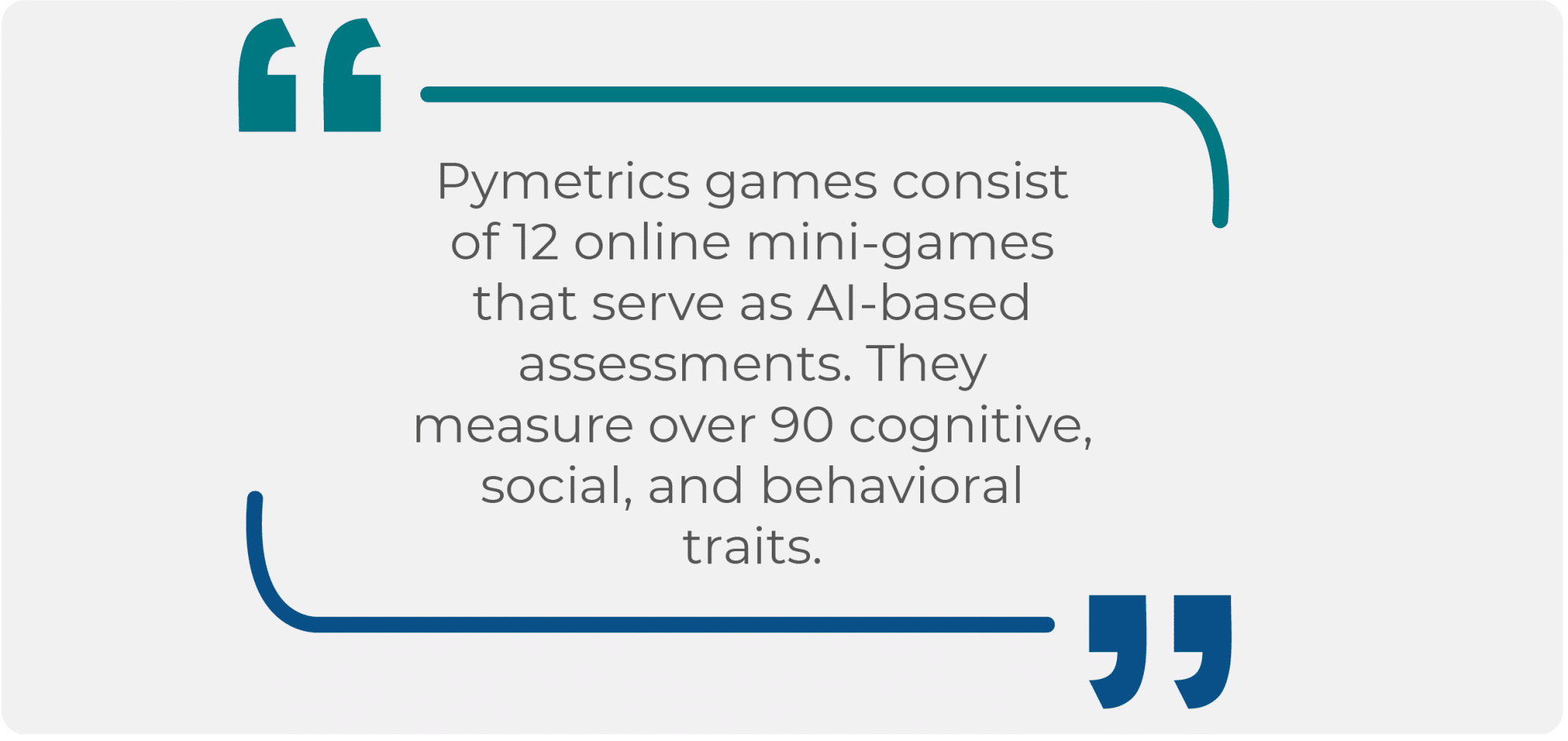
III. Getting Started with Practice
Now that you understand the importance of practice in preparing for the BCG Pymetrics test, it’s time to take action. In this section, we’ll guide you on how to get started with your practice.
Setting Up Your Practice Environment
Creating the right practice environment is essential to effective preparation. Here’s how to do it:
- Quiet Space: Find a quiet and comfortable space where you can concentrate without distractions. Ensure you have a reliable internet connection.
- Device: Use the same type of device (computer, tablet, or smartphone) that you plan to use for the actual test. This ensures familiarity with the interface and controls.
- Timing: Allocate dedicated time for your practice sessions. Treat them as if they were the real test, respecting the time limits for each game.
- Materials: Gather any materials you may need, such as a notebook, pen, or calculator, depending on the specific games you’ll be practicing.
Accessing BCG Pymetrics Practice Materials
While BCG may not provide simulations of the games, you can access valuable practice materials through other means:
- BCG Resources: Start by visiting the official BCG careers website. Look for a dedicated section related to their hiring process or assessments. They may offer sample questions or insights into what to expect in the Pymetrics test.
- Online Platforms: BCG may partner with online platforms that offer practice tests and sample questions. Check if there are any recommended resources on the BCG website.
- Networking: Reach out to current or former BCG employees through professional networking platforms like LinkedIn. They may be able to share insights or recommend resources for practice.
- iPREP Simulations: As an alternative, iPREP offers valuable simulations of the Pymetrics games, allowing you to practice in a realistic environment. These simulations can provide a significant advantage in your preparation.
Remember, the key to effective practice is consistency. Set up a regular practice schedule and stick to it. As you progress, you’ll notice improvements in your performance and confidence.
In the following sections, we’ll dive deeper into each of the 12 Pymetrics games, providing you with tips and strategies to excel in each one. Stay committed to your practice, and you’ll be well on your way to mastering the BCG Pymetrics test.
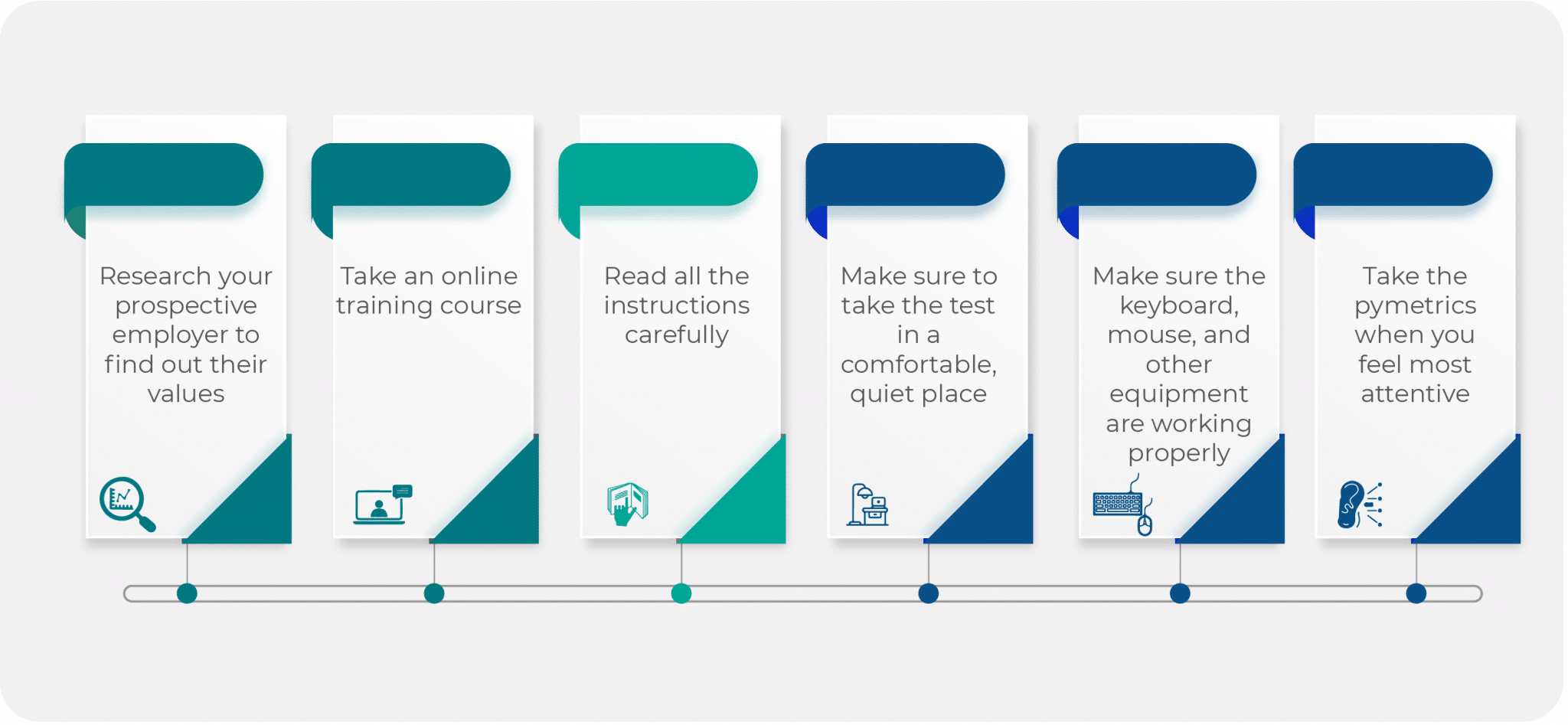
IV. Navigating the 12 Pymetrics Games
In this section, we’ll delve into the heart of your preparation: understanding and conquering the 12 Pymetrics games. Each of these games presents a unique challenge, and mastering them is essential for success.
Overview of the 12 Games
- Emotion Recognition: This game assesses your ability to recognize and interpret emotions in facial expressions. You’ll need to quickly identify the emotions displayed in a series of images.
- Risk Tolerance: Test your risk-taking tendencies by making decisions in various scenarios. The game evaluates how comfortable you are with uncertainty and risk.
- Cognitive Flexibility: Measure your cognitive adaptability by switching between tasks and concepts. It evaluates your ability to adapt to changing conditions.
- Attention Allocation: Assess your ability to distribute your attention effectively among multiple tasks. This game examines your capacity to prioritize and multitask.
- Memory Recognition: Test your memory and pattern recognition skills by recalling and matching items based on visual cues.
- Logical Reasoning: Evaluate your logical thinking and problem-solving abilities. You’ll be presented with logical puzzles to solve.
- Rule Discovery: Assess your ability to identify patterns and rules within a set of data. This game tests your analytical thinking.
- Time Management: Measure your time management skills by completing tasks within specified time limits.
- Numerical Reasoning: Evaluate your numerical and quantitative reasoning abilities. You’ll encounter math-related challenges.
- Reading Comprehension: Assess your reading comprehension skills by answering questions based on written passages.
- Word Memory: Test your verbal memory and recall abilities by matching words based on previous prompts.
- Response Inhibition: Measure your ability to control impulses and stay focused on a task, even in the face of distractions.
Tips for Each Individual Game
We’ll provide you with detailed tips and strategies for each of these games in separate sections of this blog. Stay tuned for valuable insights on how to excel in each game.
Common Challenges and How to Overcome Them
While the specific challenges in each game vary, there are common obstacles test-takers may encounter, including:
- Time Pressure: Many Pymetrics games are timed, which can add pressure. Practice managing your time effectively to complete tasks within the allotted time.
- Accuracy vs. Speed: Striking the right balance between accuracy and speed can be challenging. Practice will help you find the optimal approach for each game.
- Staying Focused: Some games require sustained attention. Learn techniques to maintain focus even in demanding scenarios.
- Understanding Game Mechanics: Each game has its own rules and mechanics. Spend time thoroughly understanding how each one works.
- Overthinking: Avoid overanalyzing or second-guessing yourself. Trust your instincts and skills.
In the upcoming sections, we’ll provide in-depth guidance on each game, including strategies, common pitfalls, and how to overcome challenges. Your journey to mastering the BCG Pymetrics test continues, so stay committed and keep practicing.
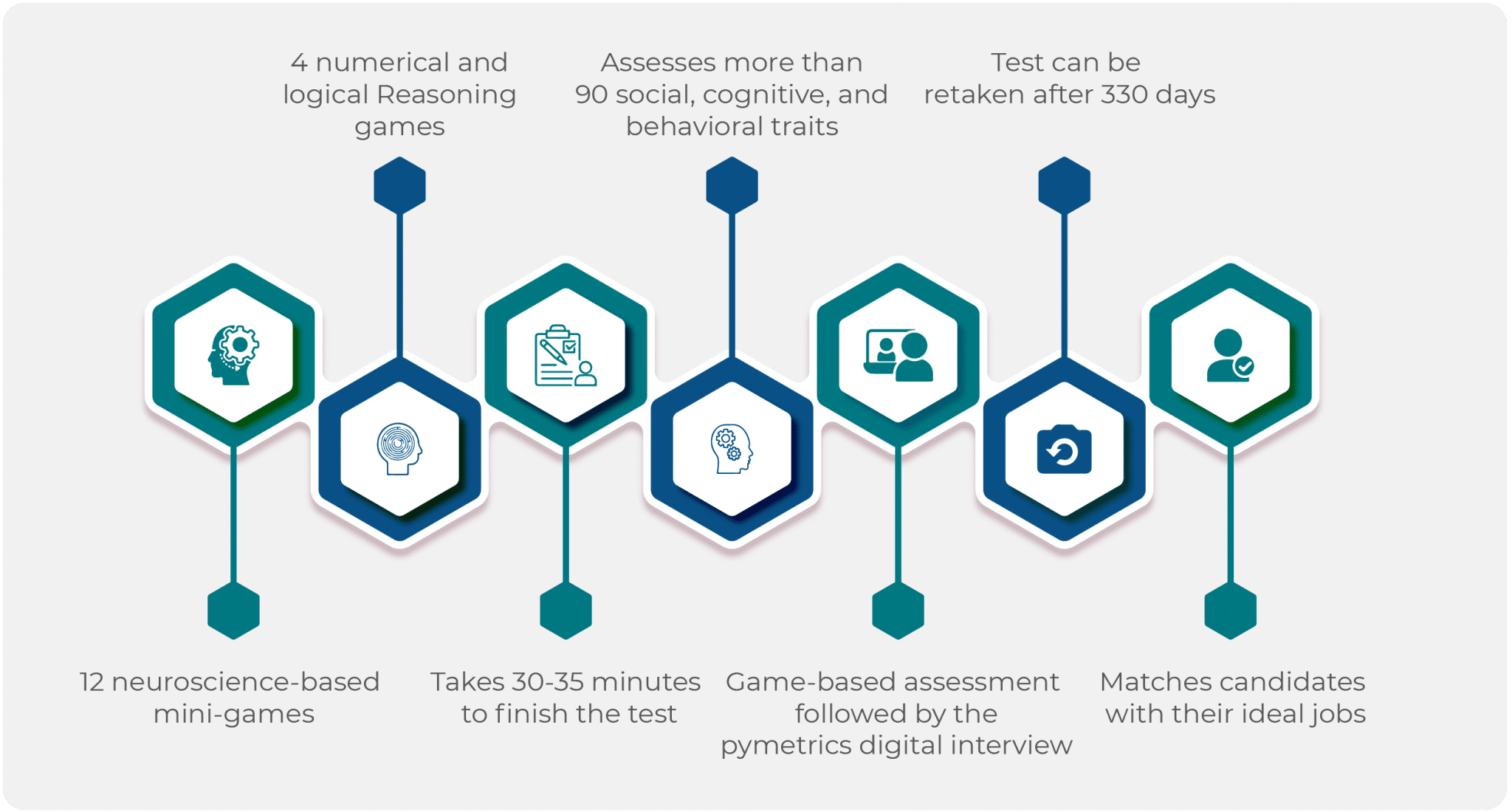
V. Developing a Practice Schedule
Now that you have a solid understanding of the 12 Pymetrics games, it’s time to craft a practice schedule that will help you effectively prepare for the BCG Pymetrics test. In this section, we’ll guide you through the process of creating a practice schedule, allocating time to each game, and tracking your progress.
Creating a Study Plan
- Assess Your Current Skill Level: Start by assessing your baseline skill level in each of the 12 Pymetrics games. This will help you identify which games require more attention and practice.
- Set Clear Goals: Define specific, achievable goals for your Pymetrics test preparation. For example, you might aim to improve your score in a particular game or to consistently complete games within the allotted time.
- Prioritize Weak Areas: Focus more time and effort on the games where you currently face challenges. These are the areas where improvement can make the most significant difference.
- Establish a Routine: Create a daily or weekly routine for your practice sessions. Consistency is key, so allocate dedicated time to your Pymetrics test preparation.
Allocating Time to Each Game
- Balance Your Time: While it’s essential to concentrate on improving your weaknesses, don’t neglect your strengths. Allocate a portion of your practice time to maintaining or enhancing your performance in games where you excel.
- Rotate Games: Avoid practicing the same game repeatedly in a single session. Instead, rotate through different games to maintain engagement and prevent burnout.
- Time Management: Be mindful of the time you allocate to each game. Ensure that you practice under realistic time constraints to mimic the actual test conditions.
Tracking Your Progress
- Keep a Journal: Maintain a practice journal to record your performance in each game. Note your scores, completion times, and any specific challenges you encountered.
- Set Milestones: Define milestones for your progress. Celebrate achievements, no matter how small, to stay motivated.
- Adjust Your Plan: Regularly review your practice plan and make adjustments as needed. If you’re consistently performing well in a game, consider reallocating more time to areas where improvement is necessary.
- Seek Feedback: If possible, seek feedback from peers, mentors, or practice partners. They can provide valuable insights and suggestions for improvement.
Remember that developing a practice schedule is not a one-size-fits-all process. Your schedule should align with your personal strengths and weaknesses. Regularly assess your progress and adapt your plan accordingly. With diligent practice and a well-structured schedule, you’ll be well-prepared to excel in the BCG Pymetrics test.
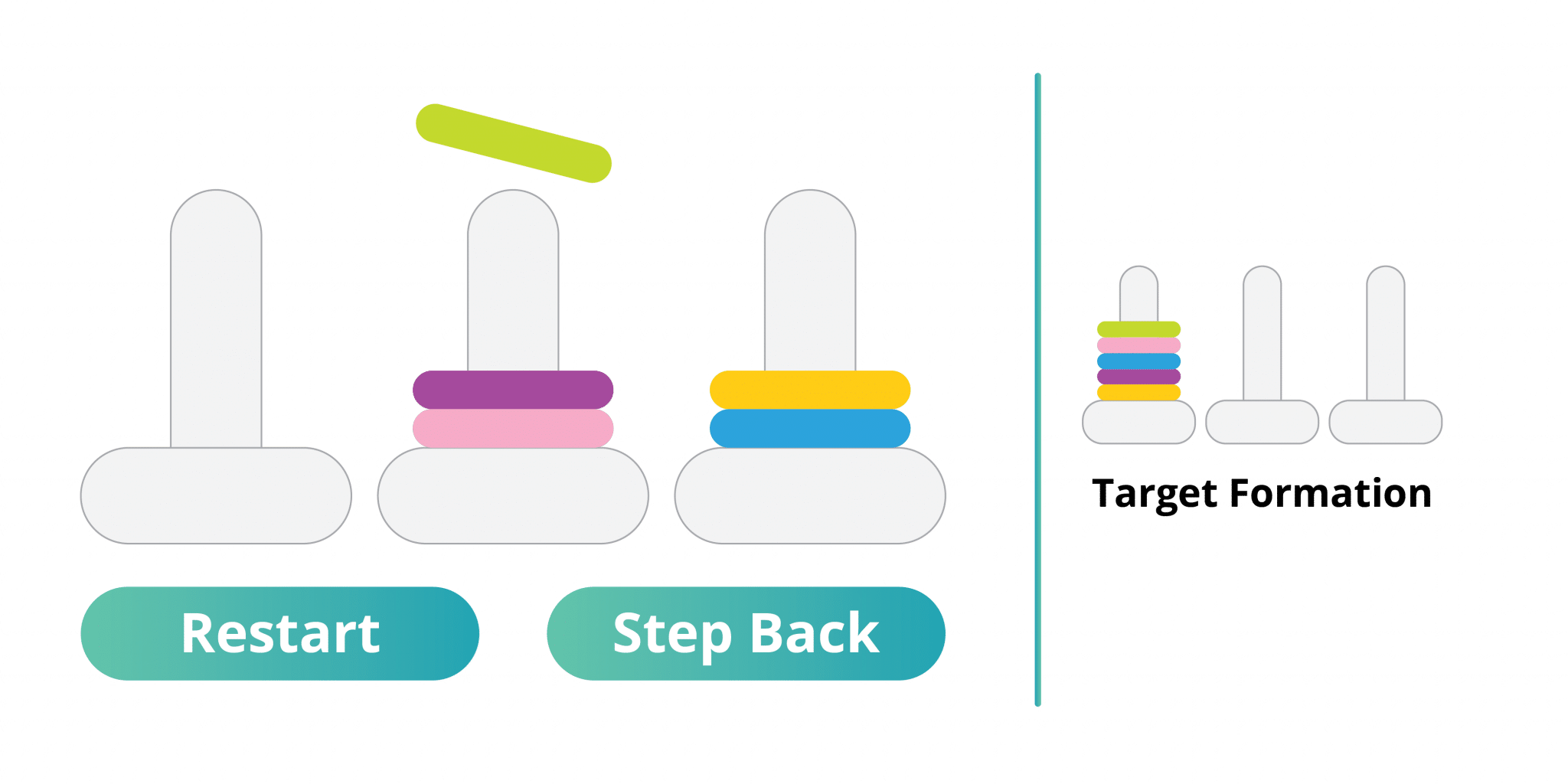
VI. Expert Tips for Success
Now that you’ve laid the foundation for your Pymetrics test preparation, it’s time to take your skills to the next level. In this section, we’ll provide you with expert tips for success, both game by game where possible and in terms of avoiding common mistakes.
Strategies for Improving Your Pymetrics Test Performance
Game-by-Game Tips:
- Emotion Recognition: Pay close attention to facial cues, such as eye expressions and mouth movements, to identify emotions accurately. Practice by looking at photos of people displaying various emotions.
- Risk Tolerance: Develop a consistent risk-taking strategy. Consider the potential rewards and consequences before making decisions, and practice making quick yet calculated choices.
- Cognitive Flexibility: Train your mind to switch between tasks rapidly. Practice multitasking in everyday activities to enhance your cognitive flexibility.
- Attention Allocation: Prioritize tasks based on importance and urgency. Practice allocating your attention effectively to different tasks in your daily life.
- Memory Recognition: Enhance your memory by using mnemonic techniques, such as visualization or creating associations. Repetition and pattern recognition can also help.
- Logical Reasoning: Approach logical puzzles systematically. Break down complex problems into smaller, manageable steps, and practice solving various types of puzzles.
- Rule Discovery: Focus on identifying patterns and trends in data. Develop a systematic approach to analyzing information.
- Time Management: Practice setting time limits for tasks in your daily routine to improve your time management skills.
- Numerical Reasoning: Brush up on your math skills and practice solving quantitative problems. Speed and accuracy are crucial in this game.
- Reading Comprehension: Read widely to improve your comprehension skills. Practice summarizing key points from texts to enhance your understanding.
- Word Memory: Develop memory techniques such as flashcards or word association games to remember words effectively.
- Response Inhibition: Train your ability to resist distractions by practicing focus exercises. Meditation and mindfulness can also help improve your impulse control.
Avoiding Common Mistakes
- Lack of Time Management: Many test-takers struggle with time constraints. Practice managing your time effectively during practice sessions to ensure you complete tasks within the allotted time.
- Overthinking: Avoid the tendency to second-guess your choices excessively. Trust your instincts, and remember that the Pymetrics test values both speed and accuracy.
- Ignoring Weaknesses: While it’s essential to capitalize on your strengths, don’t neglect areas where you’re less proficient. Continuous improvement in all games is key.
- Neglecting Instructions: Read and understand the instructions for each game carefully. Missing key details can lead to errors.
- Losing Focus: Maintain concentration throughout the assessment. Practice techniques like meditation to improve your ability to stay focused.
- Stress Management: Test anxiety can hinder performance. Develop relaxation techniques to manage stress during the assessment.
- Underestimating Practice: Some candidates believe that they can succeed without practice. Regular practice is essential for honing your skills and building confidence.
By implementing these game-specific strategies and avoiding common pitfalls, you’ll be better prepared to tackle the BCG Pymetrics test effectively. Remember that practice, coupled with the right approach, will lead you to success.
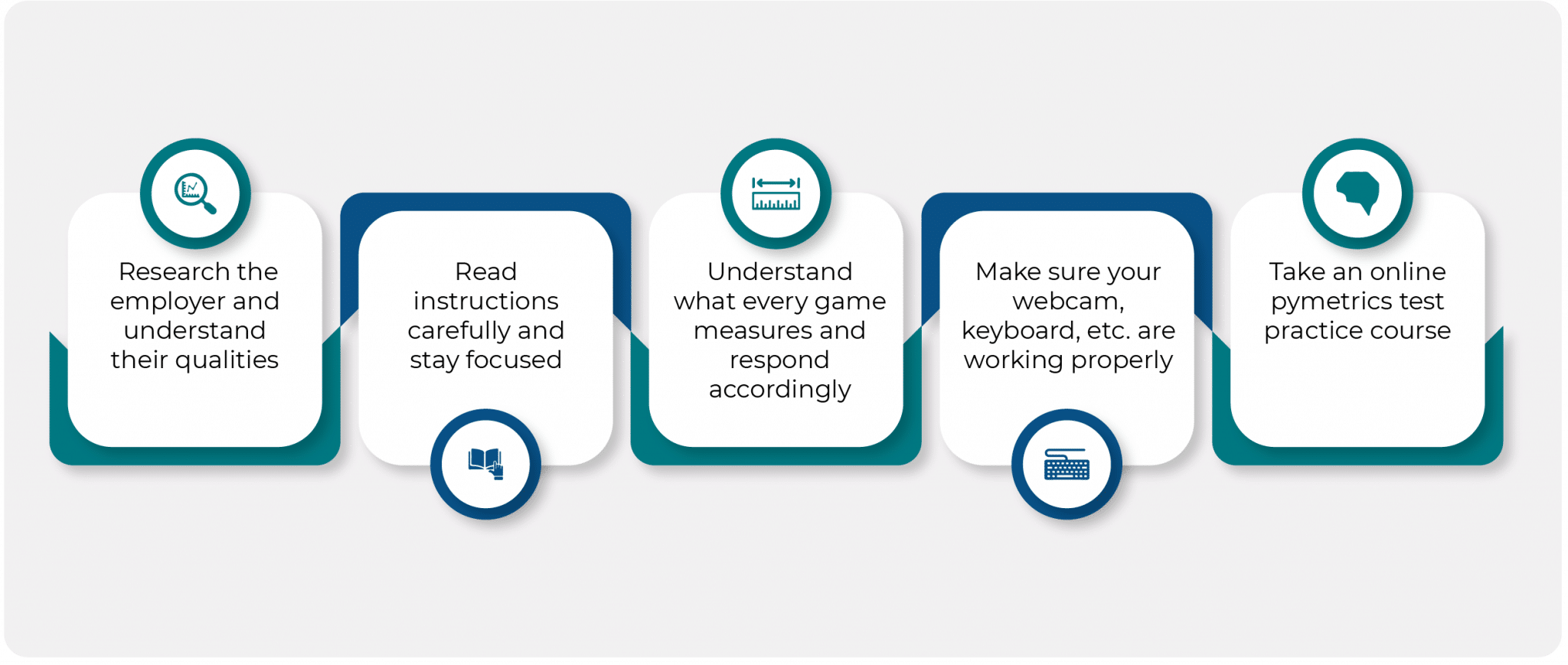
VII. Realistic Simulations
As you progress in your preparation for the BCG Pymetrics test, it becomes increasingly important to replicate test conditions as closely as possible. In this section, we’ll explore the benefits of realistic simulations and how to effectively simulate test conditions, including taking timed practice tests.
Simulating Test Conditions
- Environment: Find a quiet and distraction-free environment that closely resembles where you’ll take the actual test. This helps you acclimate to the testing conditions and reduces surprises on test day.
- Device: Use the same type of device—whether it’s a computer, tablet, or smartphone—that you plan to use for the actual test. Familiarity with the device and its controls is crucial.
- Timing: Adhere to the time limits for each game during your practice sessions. Timed practice helps you manage your time effectively and builds the necessary skills for pacing yourself.
- No Interruptions: Inform those around you about your practice schedule to minimize interruptions. Distractions during practice can negatively impact your performance.
Taking Timed Practice Tests
- Create a Testing Schedule: Allocate specific days and times for taking timed practice tests. This mimics the structure of the actual assessment.
- Use a Timer: Set a timer for each game to ensure you adhere to the time limits. Practice staying within these constraints, even if it means moving on from a task that you haven’t completed.
- Review Afterward: After completing each timed practice test, review your performance critically. Identify areas where you excelled and areas that need improvement.
- Score Yourself: Assign scores to your practice tests based on your performance. Track your progress over time to gauge improvement.
- Simulate Real Test Conditions: Whenever possible, recreate the same conditions you’ll encounter on test day. This includes timing, device, and the environment. The more closely you simulate these conditions, the better prepared you’ll be.
- Evaluate Time Management: Pay close attention to how you manage your time during timed practice tests. Are you consistently running out of time on certain games? Adjust your strategies accordingly.
Realistic simulations and timed practice tests not only help you acclimate to the test environment but also build the stamina and pacing required to excel in the actual BCG Pymetrics test. As you continue to practice, you’ll find that simulating test conditions enhances your performance and confidence.
In the following sections, we’ll delve into reviewing and analyzing your practice results, as well as exploring additional resources to complement your preparation.
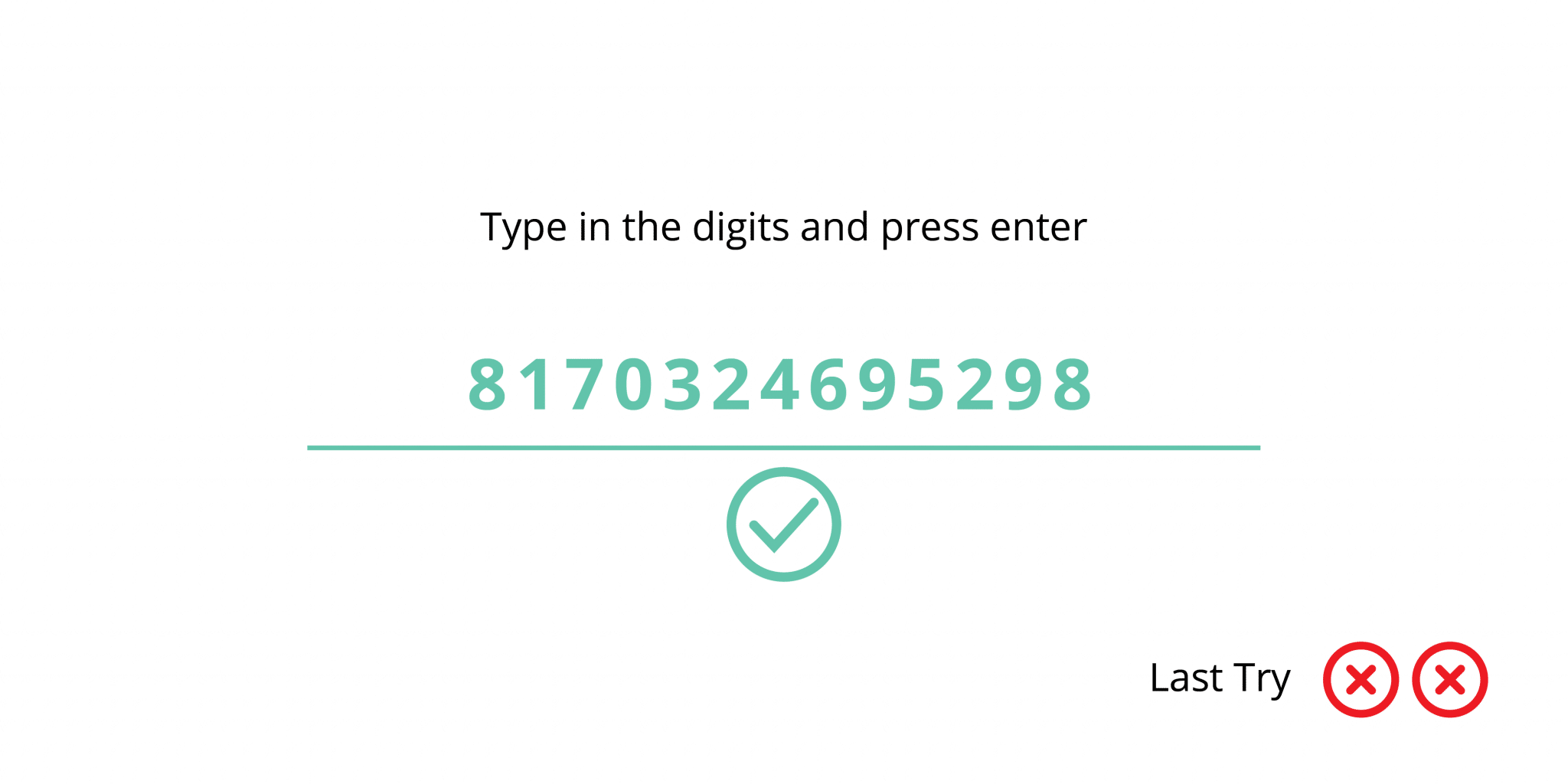
VIII. Review and Analysis
Now that you’ve completed practice sessions and realistic simulations, it’s time to review and analyze your performance. In this section, we’ll guide you through the process of evaluating your performance and identifying areas for improvement.
Evaluating Your Performance
- Review Each Game: After every practice session or timed test, take the time to review each Pymetrics game individually. Analyze your performance in detail.
- Scoring: If you’ve been scoring your practice tests, compare your scores to previous attempts and assess whether you’re making progress.
- Time Management: Pay particular attention to how you managed your time during the games. Did you struggle to complete tasks within the time limits? Were you consistently running out of time on specific games?
- Accuracy vs. Speed: Consider the trade-off between accuracy and speed. Are there games where you sacrificed one for the other? Evaluate the balance and adjust your strategy accordingly.
Identifying Areas for Improvement
- Weaknesses: Identify the games or skills where you’re consistently performing below your desired level. These are the areas that require immediate attention.
- Patterns: Look for patterns in your performance. Are there particular types of games or challenges where you struggle? Recognizing these patterns can guide your improvement efforts.
- Review Mistakes: Analyze any mistakes or errors you made during practice. Understand why they occurred and take steps to avoid repeating them.
- Progress Tracking: Keep a record of your practice results over time. Note improvements and setbacks. A visual record of your progress can be motivating and help you stay focused on your goals.
- Seek Feedback: If possible, seek feedback from peers or mentors who are familiar with the Pymetrics test. They can provide valuable insights and suggestions for improvement.
- Focus on Weaknesses: Devote extra practice time to the games or skills where you need improvement. Consistent effort in these areas is essential for growth.
Remember that improvement often involves incremental progress. Don’t be discouraged by initial challenges or setbacks. With diligent review and a commitment to addressing weaknesses, you can make significant strides in your Pymetrics test preparation.
In the upcoming sections, we’ll explore additional resources that can complement your practice and help you further refine your skills. Stay dedicated to your preparation, and success will be within your reach.
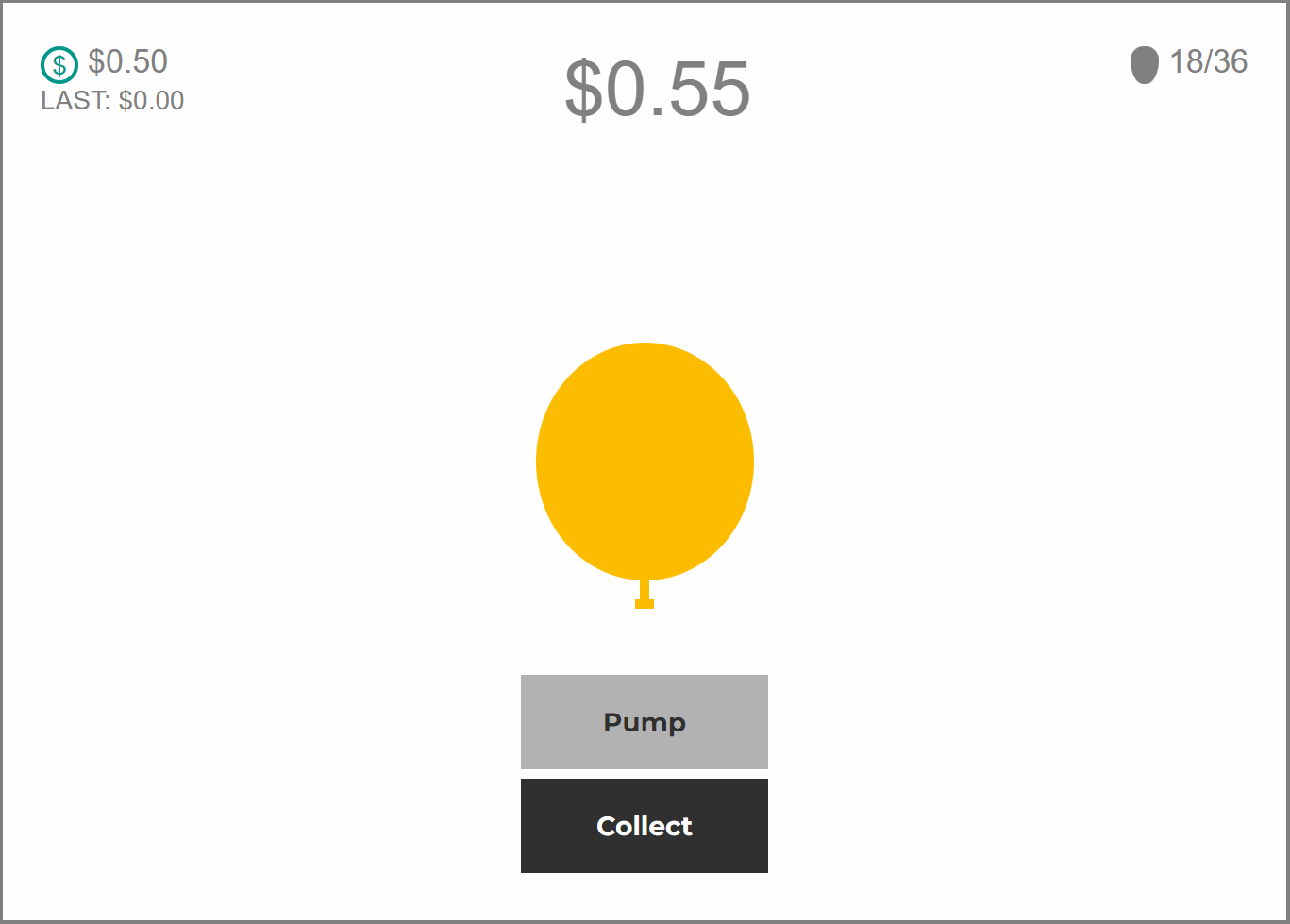
IX. Additional Resources
In your journey to master the BCG Pymetrics test, it’s beneficial to tap into additional resources that can enhance your readiness. In this section, we’ll provide you with recommendations for books, courses, online communities, and forums, and also highlight iPREP as a valuable resource offering accurate game simulations.
Recommended Books and Courses
- “Emotional Intelligence” by Daniel Goleman: This book explores the concept of emotional intelligence, a crucial trait assessed in the Pymetrics test. Understanding and improving your emotional intelligence can be invaluable.
- “Critical Thinking: Your Guide to Effective Argument, Successful Analysis, and Independent Study” by Tom Chatfield: Critical thinking is essential for success in the logical reasoning and rule discovery games. This book offers practical insights into developing this skill.
- Online Courses: Consider enrolling in online courses that focus on the specific skills evaluated in the Pymetrics test. Platforms like Coursera, edX, and LinkedIn Learning offer relevant courses in areas such as logical reasoning, numerical reasoning, and emotional intelligence.
Online Communities and Forums for Support
- Reddit: Reddit hosts several communities related to consulting careers and assessments. Subreddits like r/consulting and r/MBA often feature discussions and advice on the BCG Pymetrics test.
- LinkedIn Groups: Join LinkedIn groups related to consulting and assessment tests. These groups provide a platform for networking and sharing experiences with fellow applicants.
- BCG Careers Website: BCG’s official careers website may have a community or forum section where you can connect with other applicants and gain insights.
iPREP as a Valuable Resource
iPREP offers an invaluable resource for your Pymetrics test preparation. They provide accurate game simulations, allowing you to practice in a realistic environment that closely mirrors the actual assessment. These simulations can significantly enhance your readiness for the test.
By utilizing iPREP’s simulations, you gain a competitive advantage in your preparation. The opportunity to experience the Pymetrics games in a format that mirrors the real test conditions can boost your confidence and improve your performance.
Incorporate these additional resources into your preparation plan as needed. Whether you’re looking to enhance specific skills, connect with a supportive community, or practice with accurate simulations, these resources can be valuable allies in your journey to success.
Stay committed to your preparation, leverage these resources effectively, and keep practicing. With dedication and a well-rounded approach, you’ll be well-prepared to excel in the BCG Pymetrics test.
In the next section, we’ll provide you with guidance on staying mentally and physically prepared for the test day.

X. Conclusion
Congratulations on making it to the conclusion of this comprehensive guide to preparing for the BCG Pymetrics test. Let’s summarize the key takeaways and leave you with a strong sense of motivation to embark on your practice journey.
Key Takeaways:
- Understanding the BCG Pymetrics Test: The BCG Pymetrics test is a unique assessment that evaluates cognitive and emotional traits through a series of engaging games.
- Why Practice is Crucial: Practice builds familiarity, enhances performance, and boosts confidence, all of which are critical for success.
- Getting Started with Practice: Set up a conducive practice environment and access practice materials, such as simulations, to prepare effectively.
- Navigating the 12 Pymetrics Games: Understand each game, receive expert tips game by game, and learn how to avoid common mistakes.
- Developing a Practice Schedule: Create a structured study plan, allocate time to each game, and track your progress.
- Expert Tips for Success: Implement strategies for improving your performance and avoid common pitfalls.
- Realistic Simulations: Simulate test conditions and take timed practice tests to build stamina and pacing.
- Review and Analysis: Evaluate your performance, identify areas for improvement, and maintain a record of your progress.
- Additional Resources: Explore recommended books, courses, online communities, and forums, and utilize iPREP’s accurate game simulations.
Encouragement to Start Your Journey:
The journey to mastering the BCG Pymetrics test may seem challenging, but remember that every step you take brings you closer to success. Begin your practice journey with confidence, knowing that dedication and preparation will be your allies.
As you practice, learn, and grow, you’ll not only enhance your performance in the Pymetrics test but also develop valuable skills that will serve you well in your consulting career and beyond.
So, go ahead, start your practice sessions, and keep your eye on the goal. Your determination and preparation will set you apart and bring you closer to realizing your dream of joining Boston Consulting Group.
Thank you for entrusting us with your preparation, and we wish you the very best on your path to success. You’ve got this!
Should you have any further questions or require assistance along the way, remember that support and resources are always available to help you achieve your goals.
Good luck, and may your journey be filled with growth, achievement, and the satisfaction of realizing your aspirations.
Begin your practice journey today, and the future you desire is within reach.
























